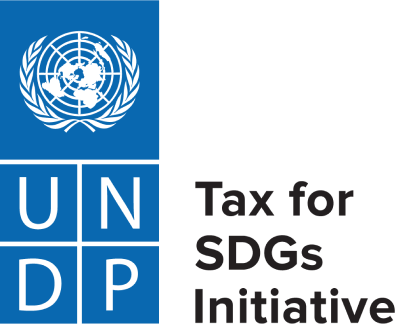Enhancing Fiscal Policy Coherence: Data and Statistical Frameworks and Institutional Collaborations
As countries work to meet their development commitments and strengthen social contracts with citizens, public finance needs to deliver better outcomes. While progress has been made in tax policy, revenue collection, and spending programs, there remains significant room to improve how public resources translate into development results. The increasing complexity of development challenges, combined with constrained fiscal space and mounting debt pressures, makes it essential to examine how better data, statistics and collaboration can help governments build trust and deliver on citizens’ needs.
Better statistics and analytical tools create new possibilities for understanding and improving how public finance affects different groups in society. Business registries, national accounts, microsimulation models, and analysis of tax and spending help show who benefits from policies and who is left behind. When researchers and government officials work together effectively, they can develop insights that respond to real policy needs while building lasting capabilities to assess and improve how public resources are used to serve citizens.
A range of powerful statistical tools can support these efforts, from business registries (Statbus) and national accounts (Nadabas) to microsimulation models (SOUTHMOD) and tax analysis. The success of initiatives like UNU-WIDER’s tax microsimulation work and TaxDev program by ODI Global and IFS shows how collaboration can improve policy decisions and their impacts. Bloomberg’s work on excise taxes and the EU Tax Observatory’s research demonstrates how evidence can strengthen the social contract through better fiscal policies. International organizations like UNDP and the World Bank have been helping connect these tools and partnerships while ensuring they respond to countries’ needs.
The panel discussion offers an opportunity to examine how data and statistics can strengthen public finance’s development impact. Key stakeholders share experiences of working together to improve fiscal policies and their outcomes. This exchange explore how different forms of collaboration can help countries make better use of public resources, strengthen social contracts, and accelerate progress toward the SDGs through improved data and analytical capabilities.
Speakers:
- Mr. Babatunde Abidoye, Global Policy Advisor, UNDP
- H.E. Ms. Marta Juanita Villaveces Niño, Technical Vice-Minister of Finance, Colombia
- Ms. Vibeke Oestreich Nielsen, Inter-Regional Adviser on Statistical Training and Capacity Building, Statistics Division of UN DESA
- Ms. Amina Ebrahim, Research Fellow, United Nations University World Institute for Development Economics Research (UNU-WIDER)
- Ms. Hazel Granger, Senior Research Fellow, ODI Global
- Dr. Wilson Prichard, Associate Professor, University of Toronto; Chair of the Local Government Revenue Initiative, International Centre for Tax and Development (ICTD)
Moderator:
- Mr. Tom Beloe, Director, Sustainable Finance Hub, UNDP


